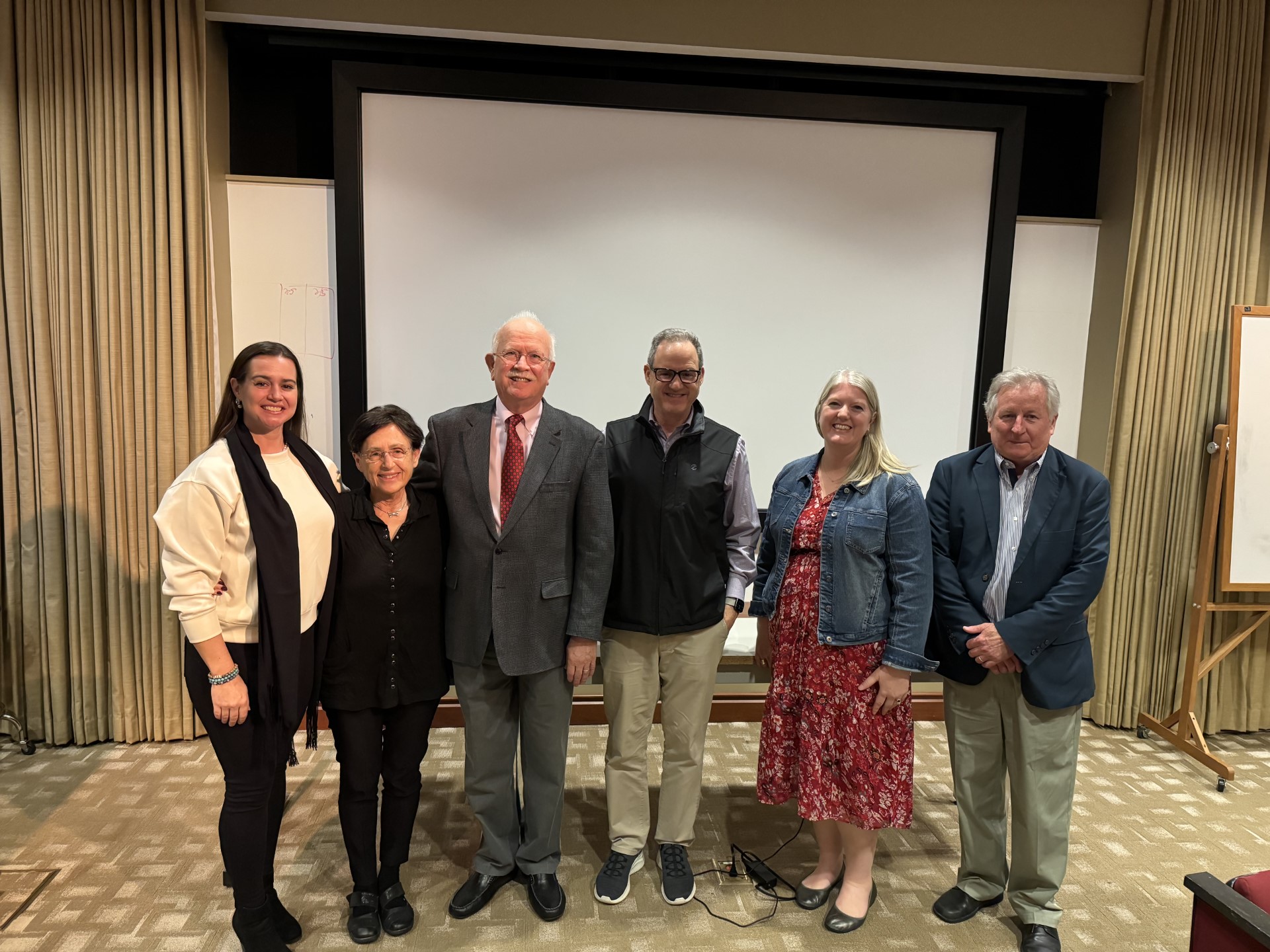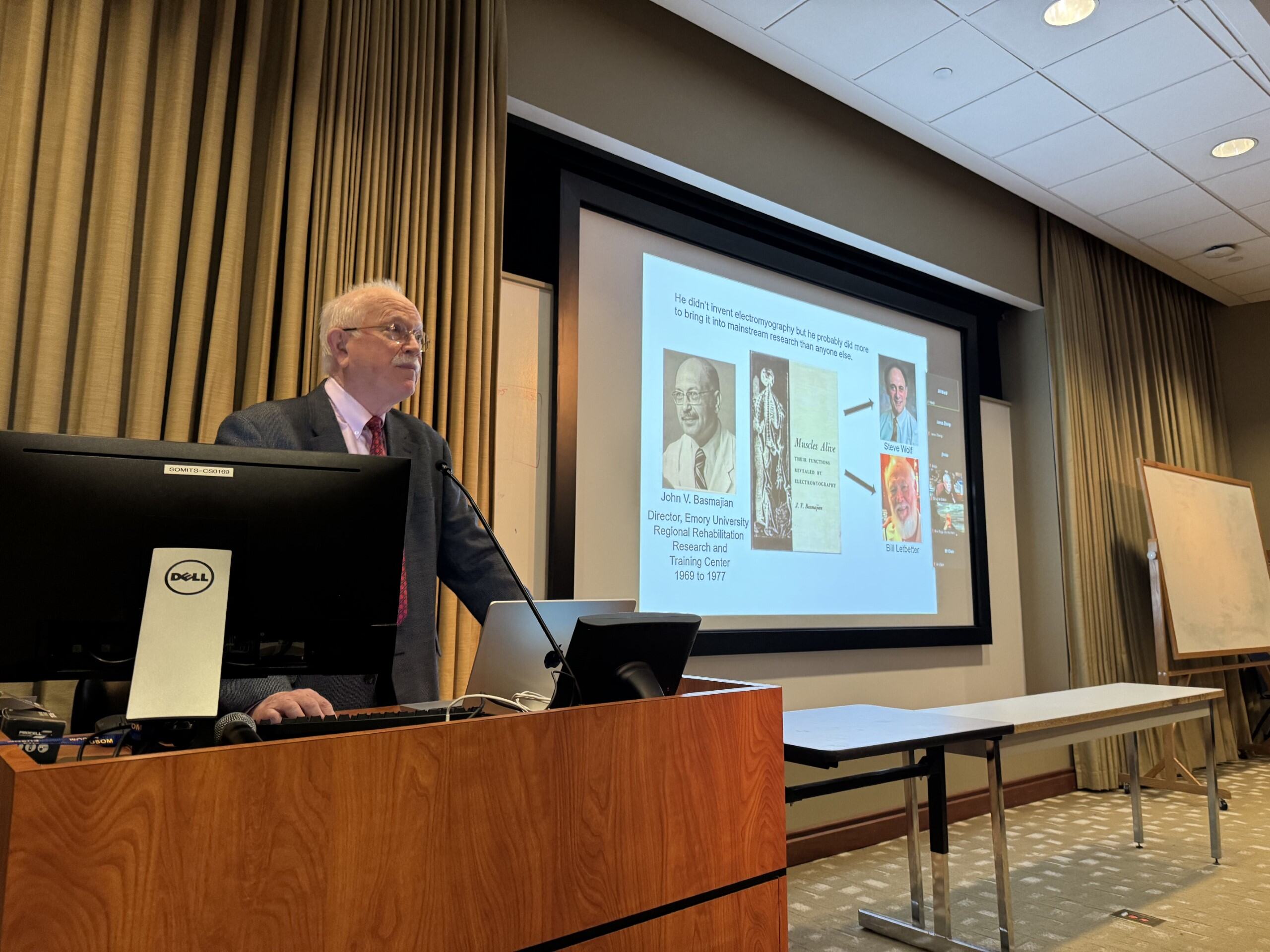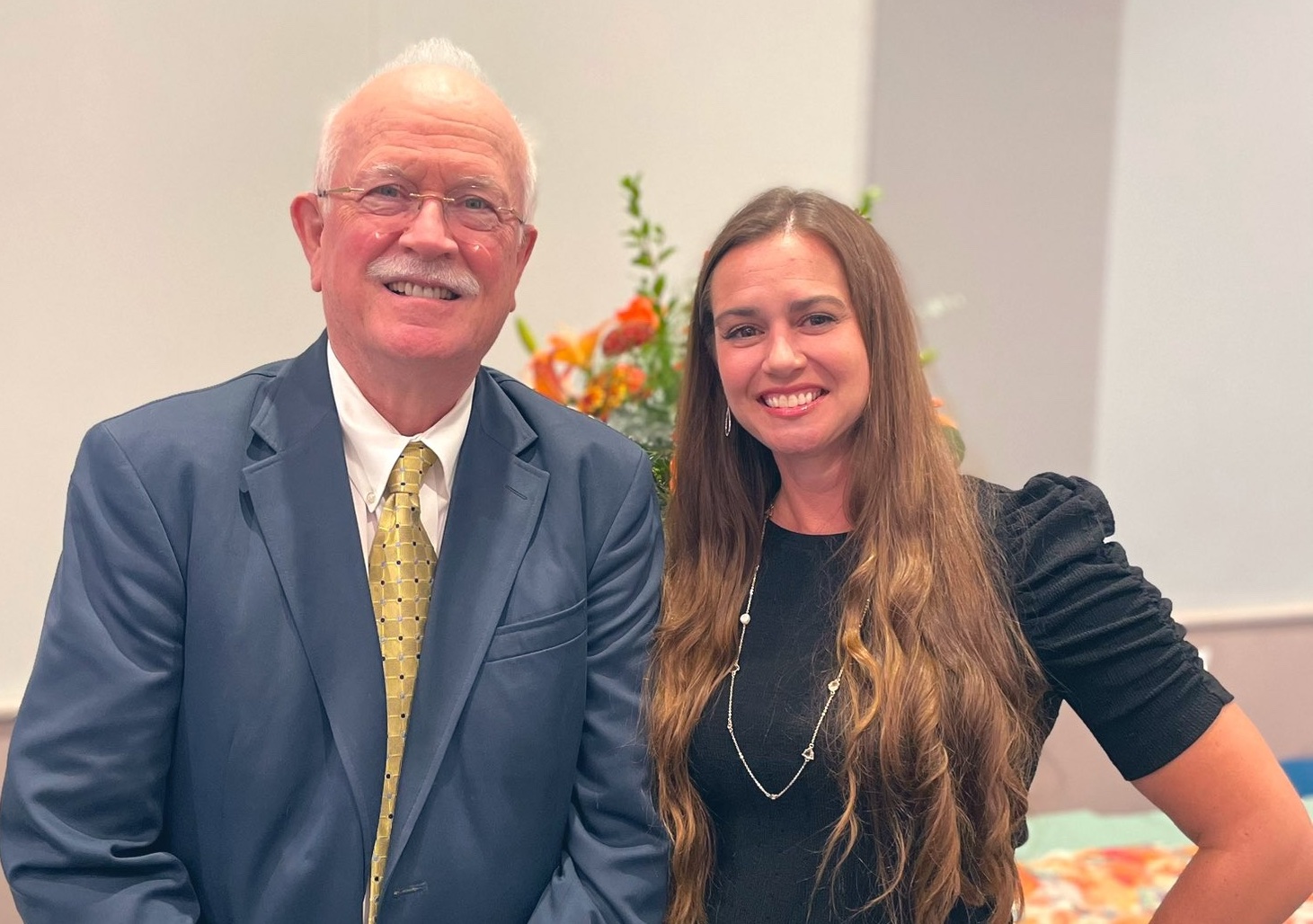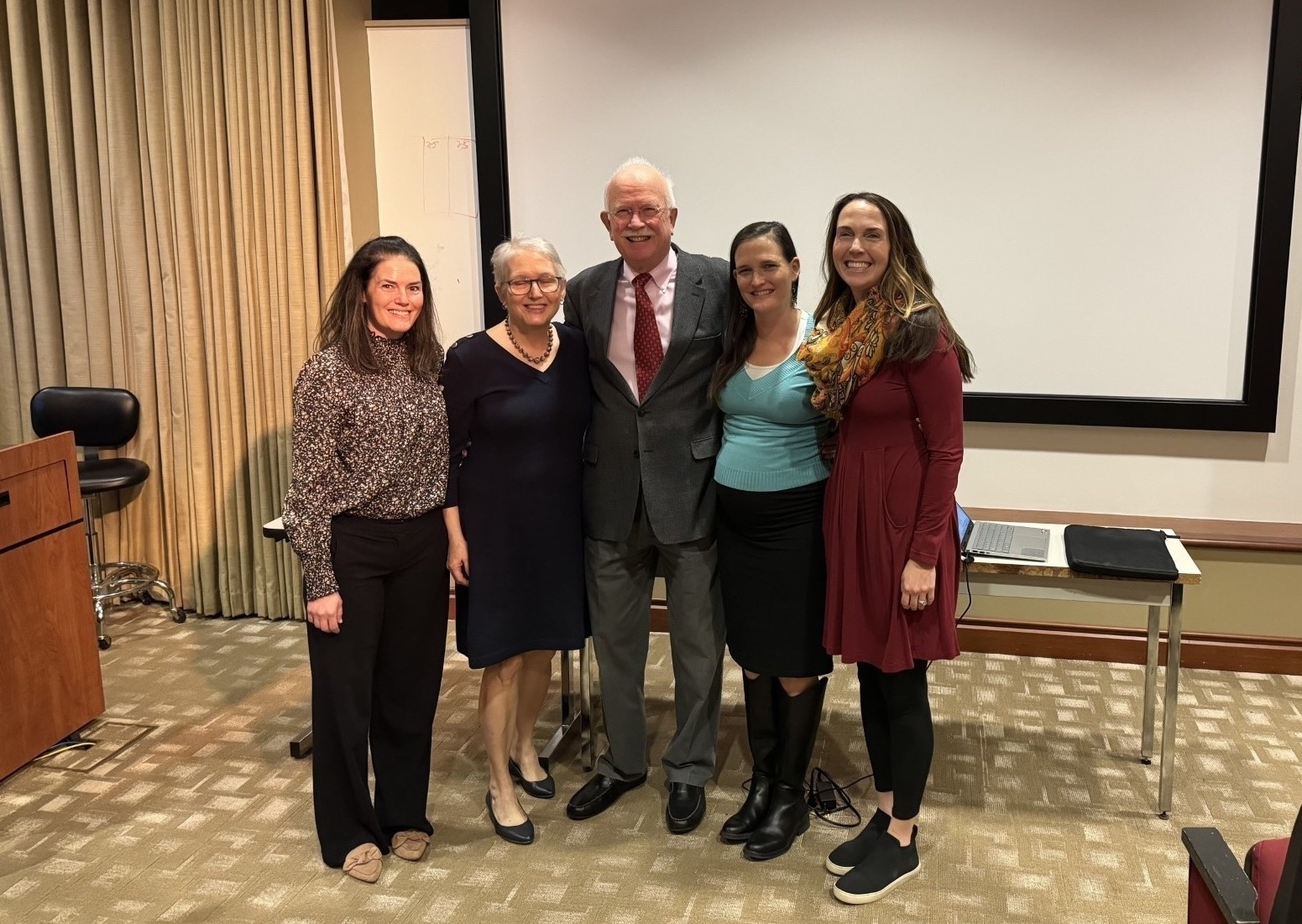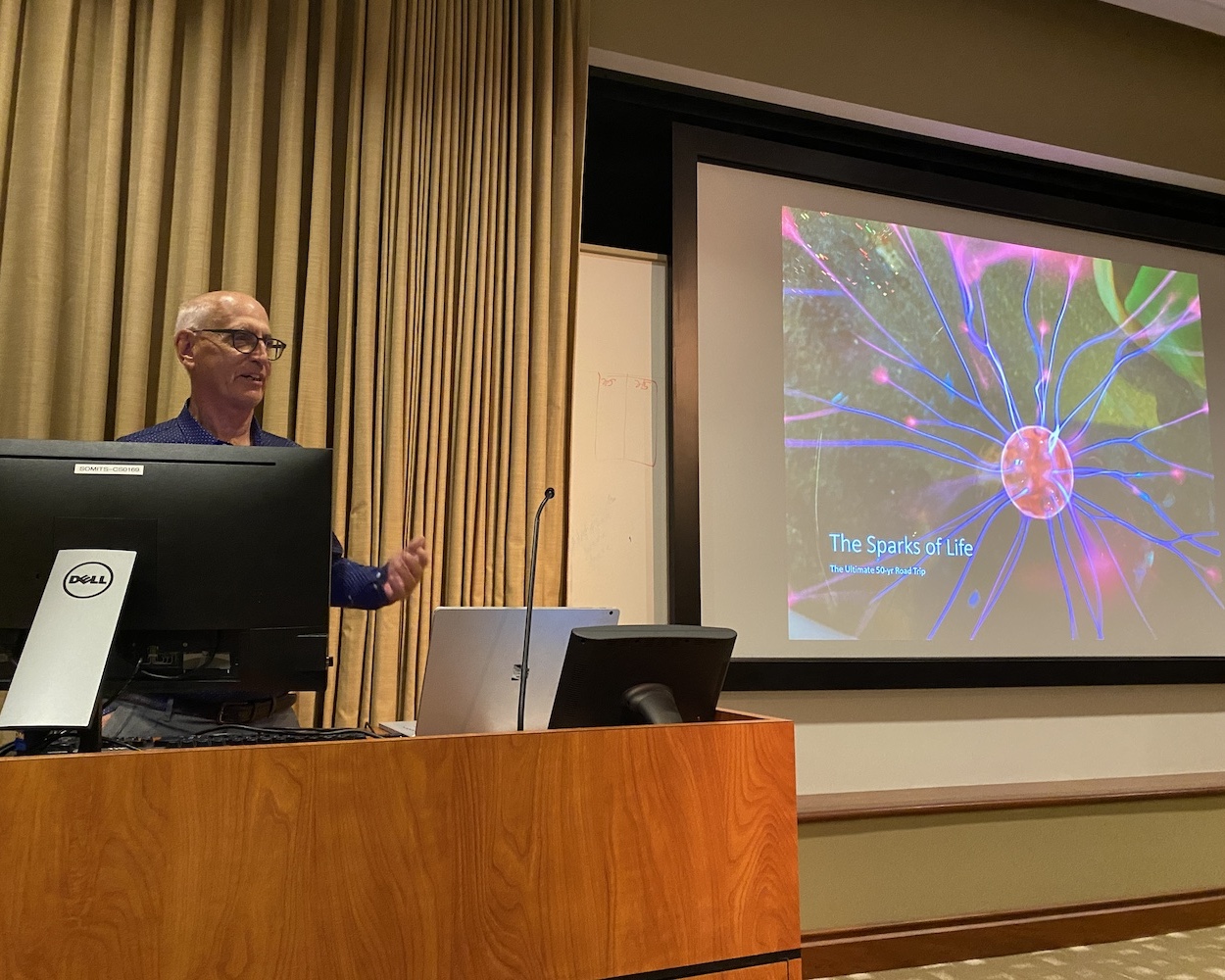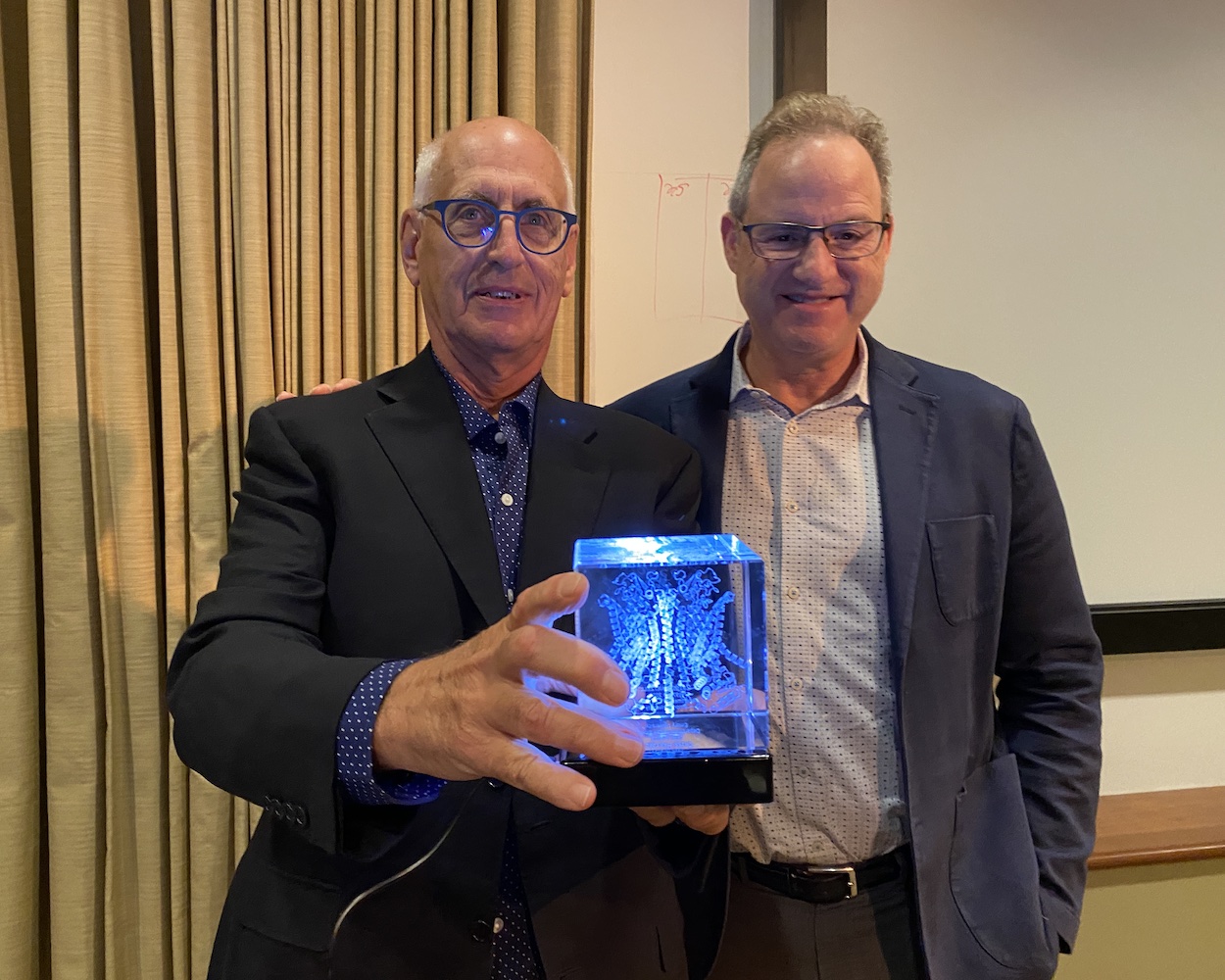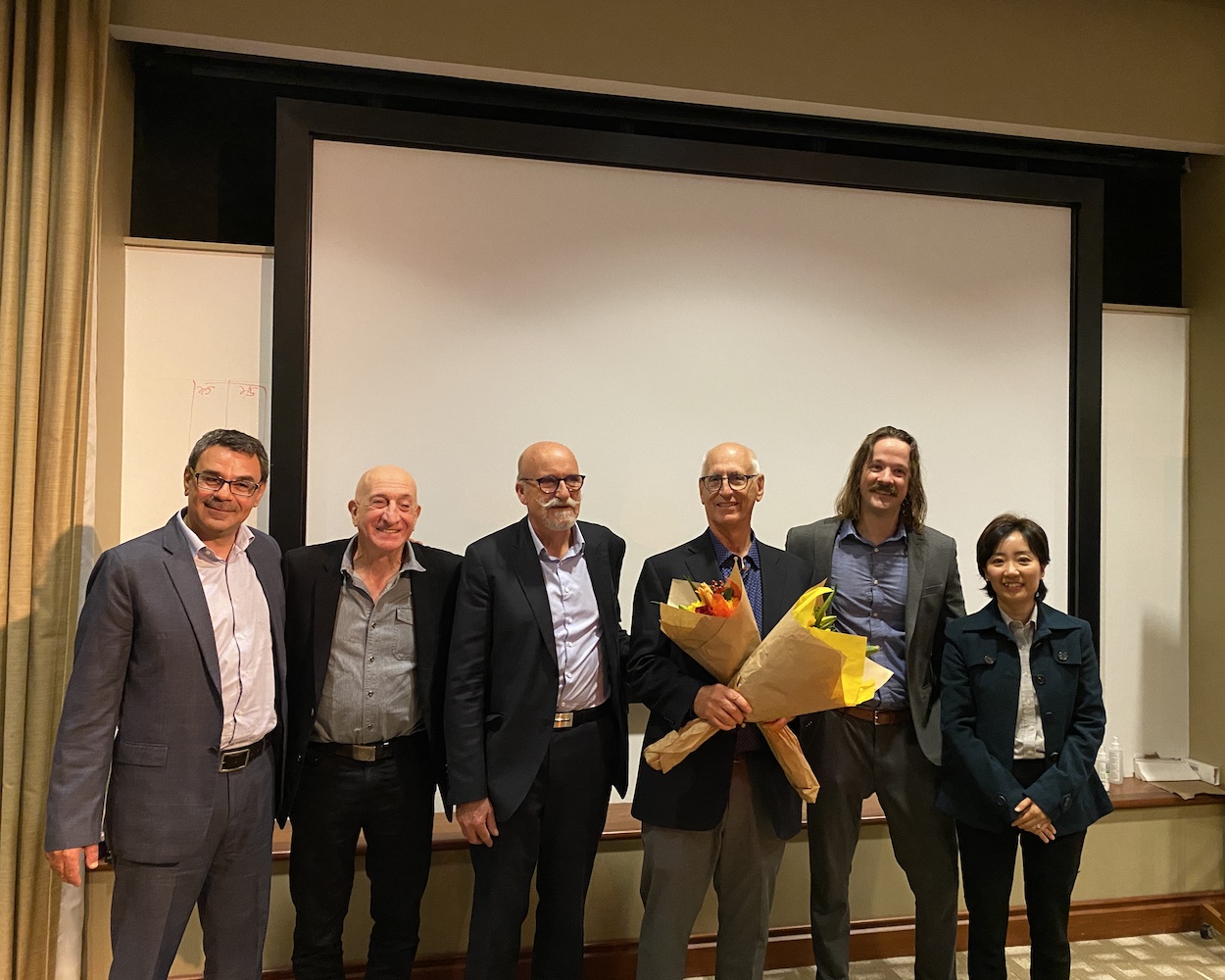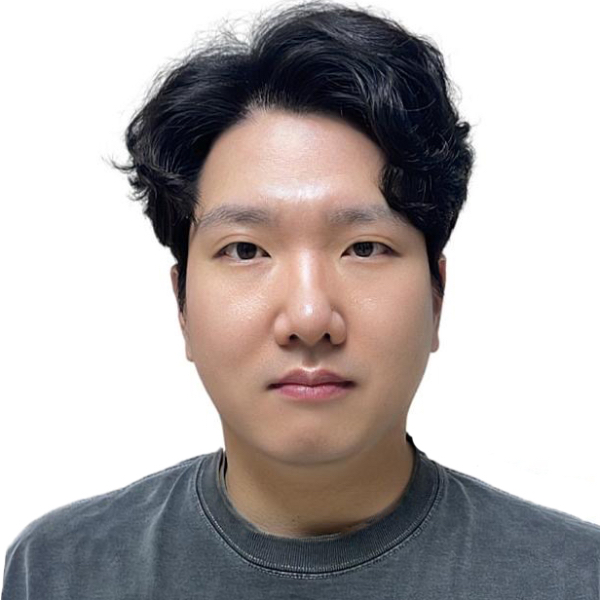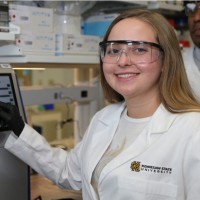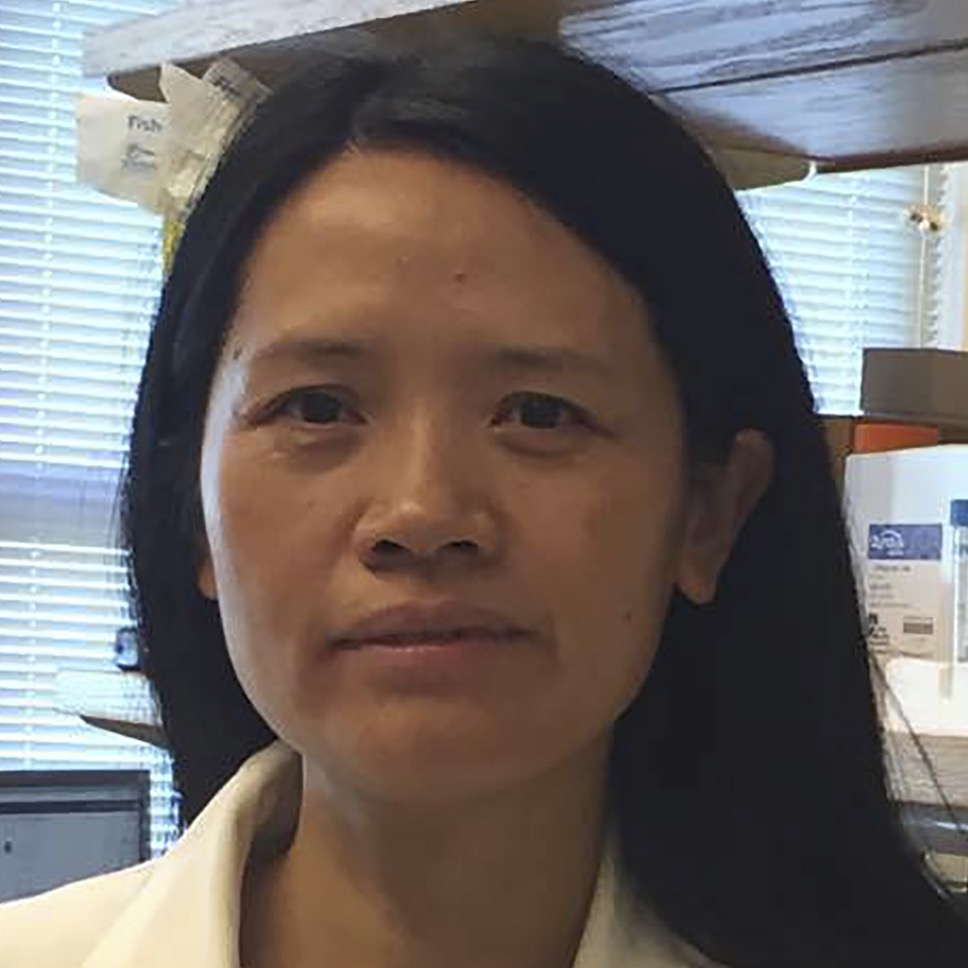Welcome New Faculty

Michael Deans, PhD
Cell Biology is pleased to welcome Michael Deans, PhD, who will join the department January 1, 2025 as an Associate Professor. Dr. Deans was previously an Associate Professor in Otolaryngology at the University of Utah. His new lab, located on the 5th floor of WBRB, will investigate developmental mechanisms guiding planar cell polarity, cellular morphogenesis and innervation essential for auditory and vestibular function.

Sulagna Das, PhD
Cell Biology welcomed Sulagna Das, PhD, January 1, 2024, as an Assistant Professor of Cell Biology and Human Genetics. Dr. Das was previously a Research Assistant Professor in Cell Biology at Albert Einstein College of Medicine, NY. Her new lab, located on 4th floor WBRB, will investigate the dynamics and regulation of RNAs in neuronal health and diseases using high-resolution imaging technologies.
Research Updates
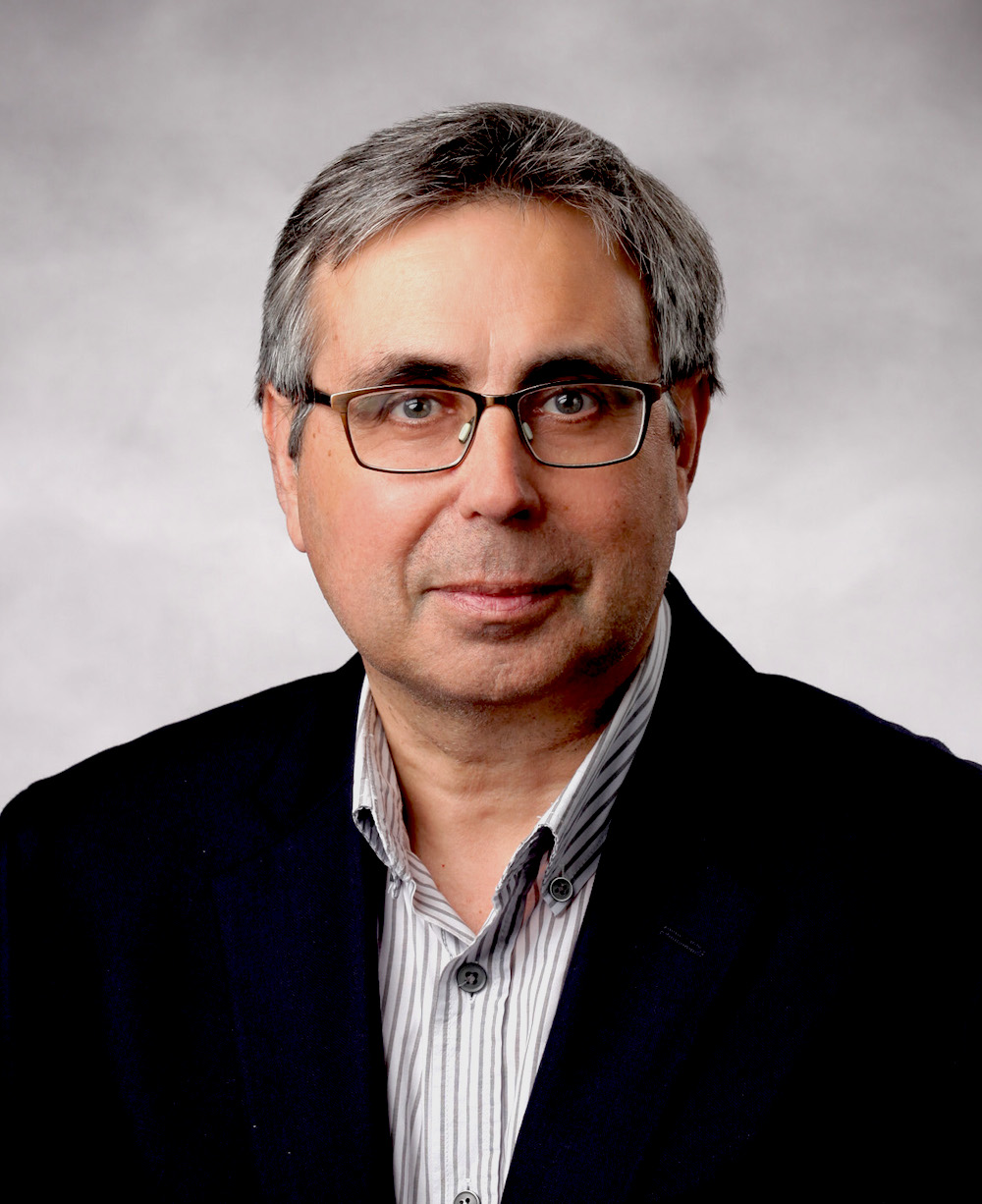
Alvarez Lab
Francisco Alvarez, PhD, Professor in Cell Biology, published a paper, “Modulation of central synapse remodeling after remote peripheral injuries by the CCL2-CCR2 axis and microglia,” in Cell Reports,
Travis Rotterman, PhD, Predoctoral grad student of Emory’s Neuroscience program and now Postdoctoral Researcher at the Georgia Institute of Technology, is first author.
The manuscript is co-authored by current students Zoë Haley-Johnson, Tana Pottorf, William McCallum and Shannon Zhang among others.
This research shows that peripheral nerve injury severity modulates microglia activation in the ventral horn of the spinal cord, which transforms spinal networks controlling motor function. Specifically, CCL2-expressing microglia are induced after more severe injuries, causing permanent removal of synapses carrying proprioceptive information necessary for fine movement coordination.
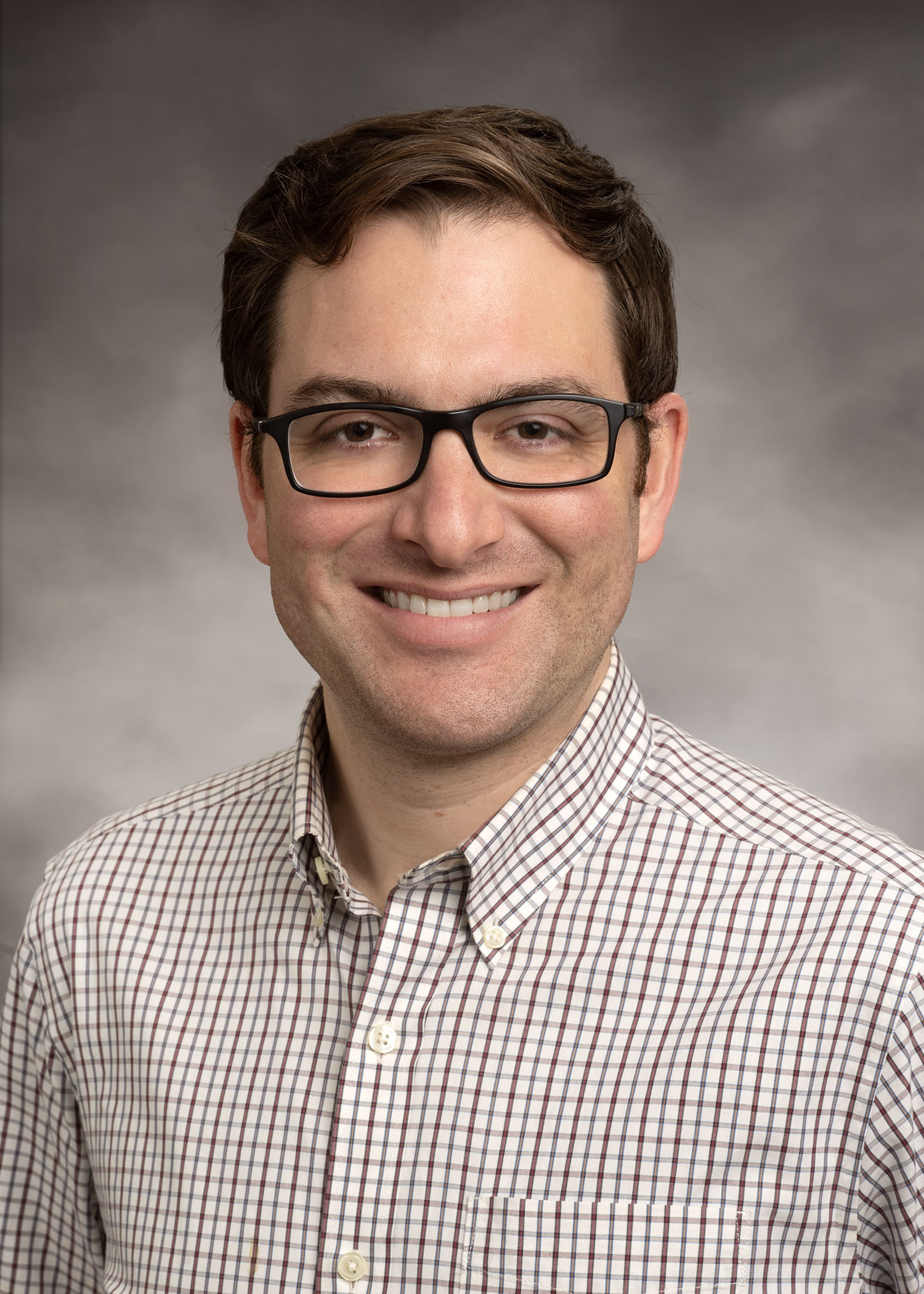
Emanuel Lab
Alan Emanuel, PhD, Assistant Professor of Cell Biology, received the Emory-Udall Parkinson's Disease Center Pilot Grant titled, “Tactile Processing in Mouse Models of Parkinson’s Disease”.
The Emory Udall Center administers this pilot grant program to encourage Parkinson's disease research at Emory which includes up to three grants annually for meritorious high-impact projects that generate preliminary data for larger grant applications. The Emory National Primate Research Center, Emory School of Medicine, The Jean and Paul Amos Parkinson’s Disease and Movement Disorders Program, and Emory College provide financial support for this pilot program.
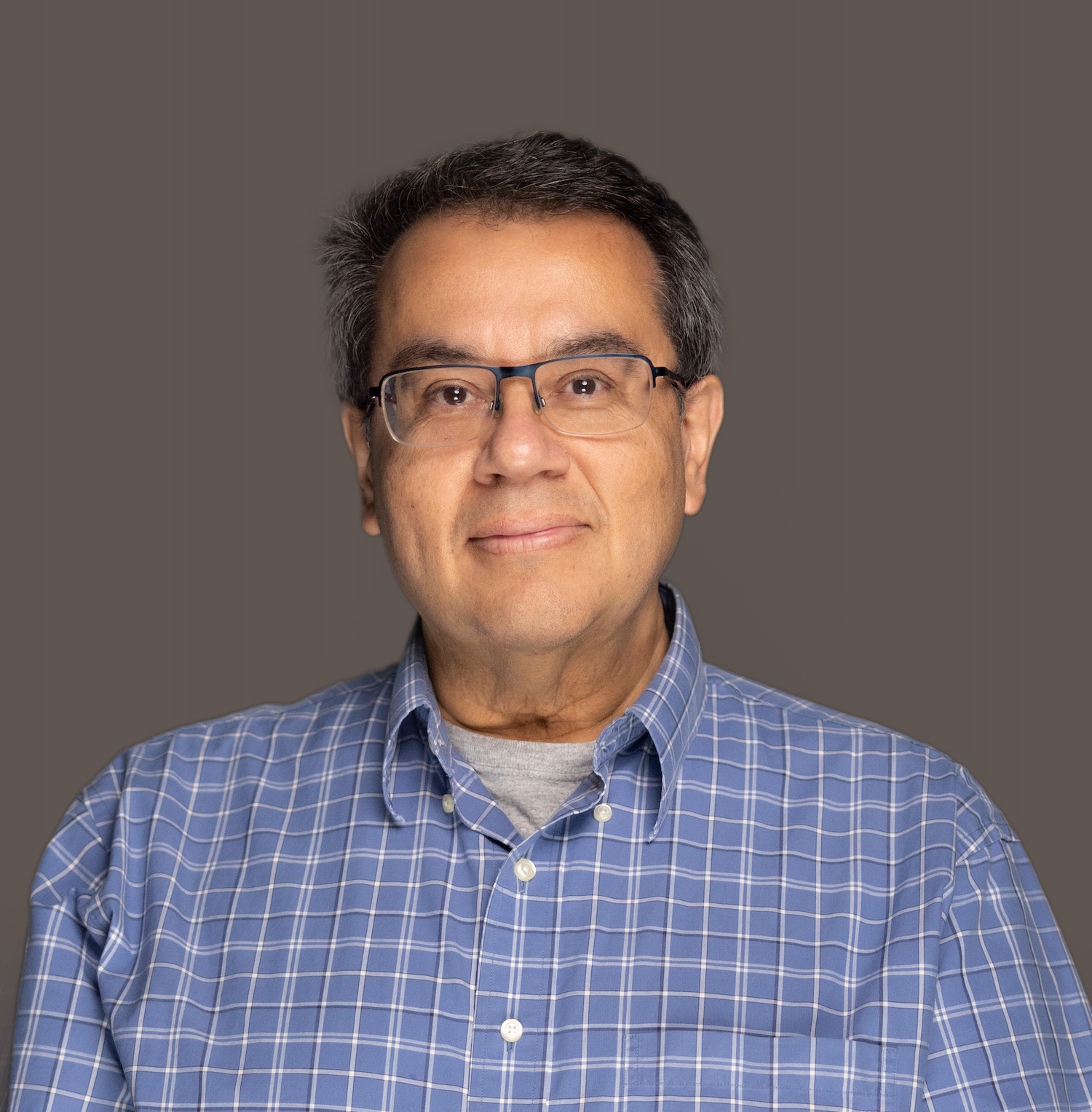
Faundez Lab
Victor Faundez, MD, PhD, Professor and Vice Chair in Cell Biology, received $1.1 million in funding from the Rett Syndrome Research Trust (RSRT) to identify proteomic alterations that could be used as biomarkers for monitoring disease and potential therapies for Rett syndrome.
The Rett Syndrome Research Trust, a nonprofit founded in 2008, conducts and funds research aimed at finding a cure for Rett Syndrome and related disorders.
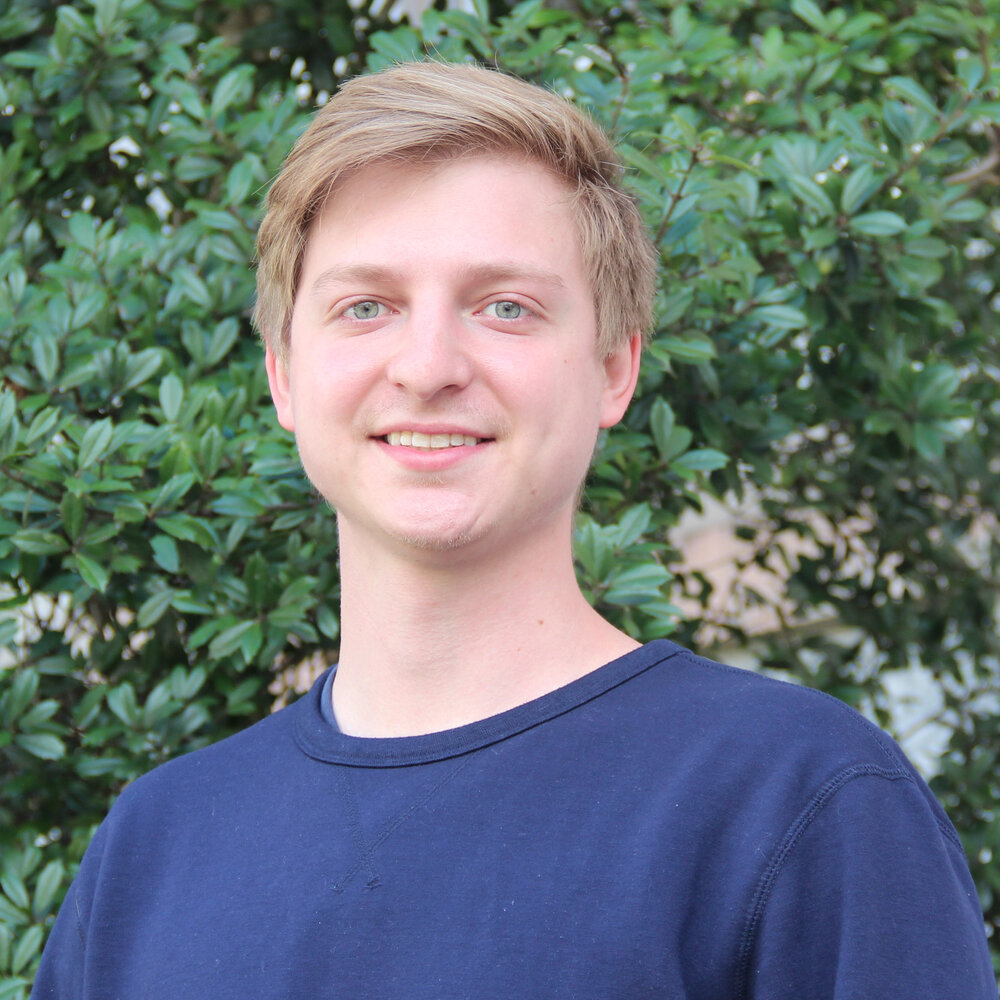
Lerit Lab
Jovan Brockett, Lead Research Specialist in the Lerit Lab, published a paper, "A missense SNP in the tumor suppressor SETD2 reduces H3K36me3 and mitotic spindle integrity in Drosophila," in Genetics. Dr. Dorothy Lerit is co-corresponding author.
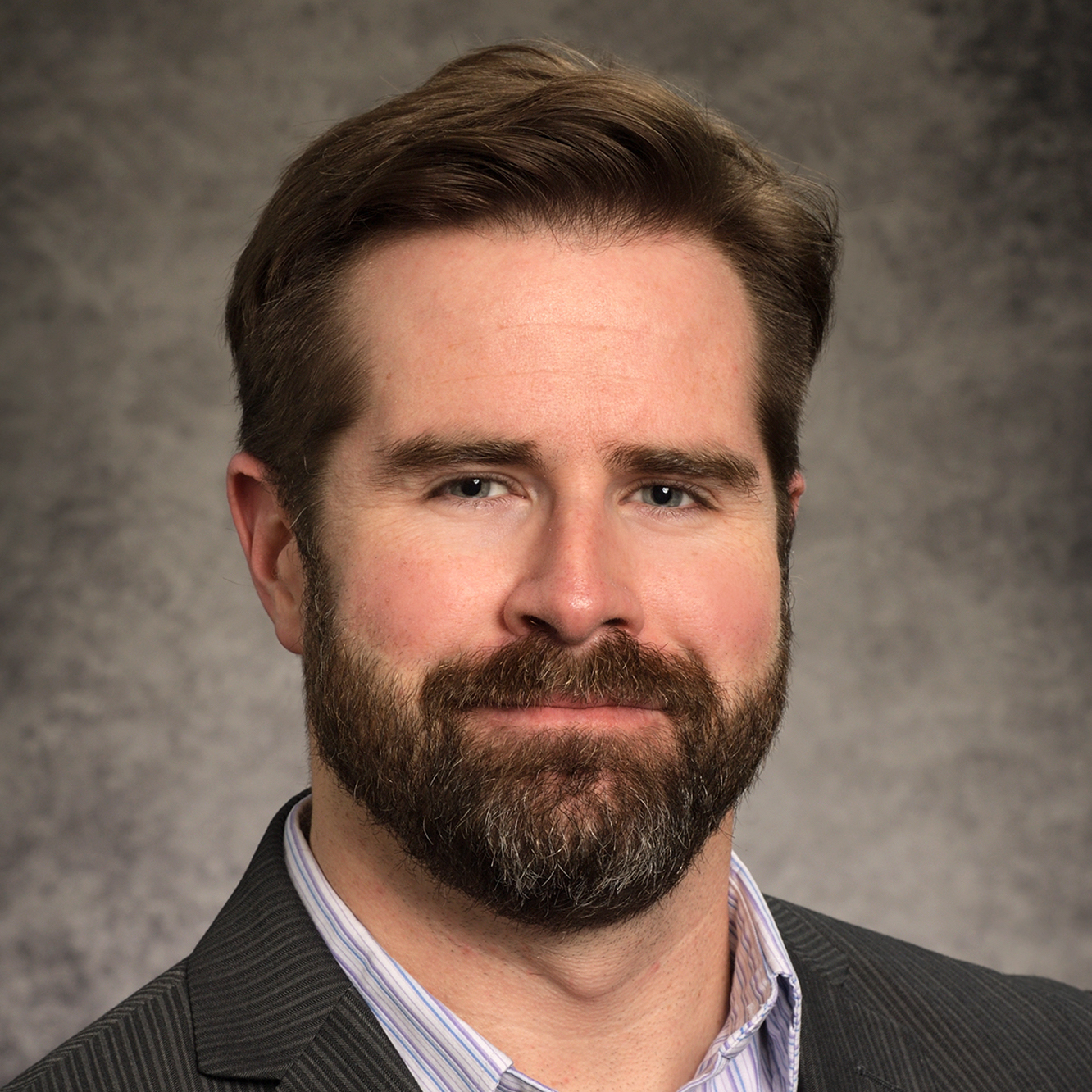
Rowan Lab
Matthew Rowan, PhD, Assistant Professor in Cell Biology, published a paper, “Native-state proteomics of Parvalbumin interneurons identifies unique molecular signatures and vulnerabilities to early Alzheimer’s pathology,” in Nature Communications, April 2024.

Sampson Lab
Dr. Timothy Sampson, Assistant Professor in Cell Biology, collaborated on a podcast with the BBC and Cambridge, "The Naked Scientists". The podcast titled, "Microbiome signals early Parkinson's: Will a healthy gut hinder the progress of the disease?", explores the relationship between gut health and Parkinson's disease.
Dr. Sampson was highlighted in Knowable Magazine (January 2024) for his research that links gut bacteria to Parkinson’s Disease. The story discusses how growing evidence suggests a link between the debilitating neurological illness and the microbes that live in our intestines.
Dr. Sampson was also appointed to an Associate Editor position for npj Parkinson's Disease.
Events
Fifty Years in Cell Biology: Retirement of Drs. Arthur English and Criss Hartzell
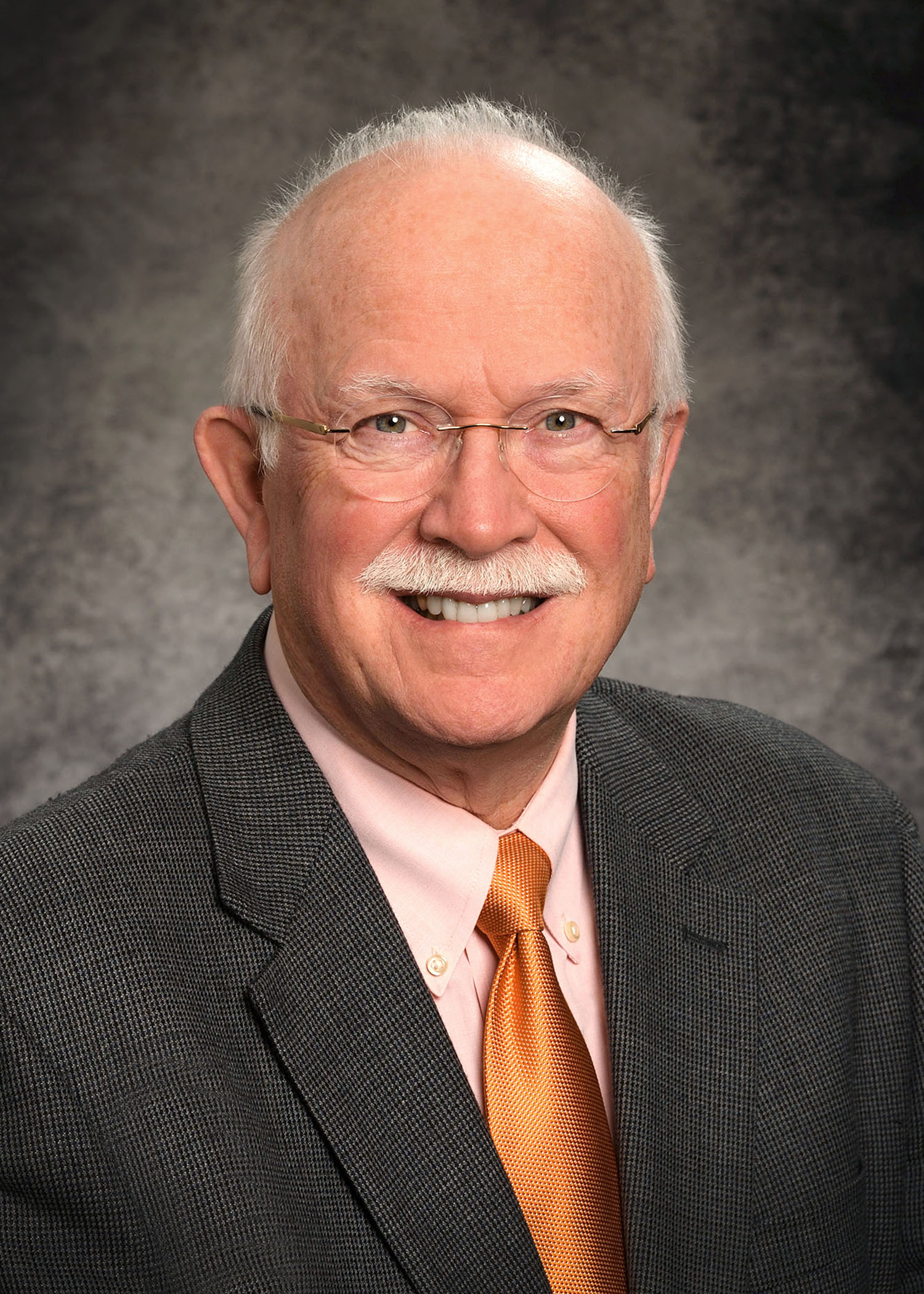
A Life in Cell Biology for Over Five Decades: A Symposium Honoring Dr. Art English
Cell Biology hosted a symposium in January 2024 to honor Dr. Arthur English, Professor of Cell Biology, who retired after 50 years of dedicated service to Emory University with a long-standing track record of outstanding research scholarship, teaching and service. Speakers included Tessa Gordon, University of Toronto; Jeff Twiss; University of South Carolina; Jennifer Wilhelm, College of Charleston; Jill Ward, Emory. Dr. English is now Professor Emeritus.
Dr. English, known to his colleagues as Art, began his career at Emory in 1974 in the Department of Anatomy (today the Department of Cell Biology) and soon became the Course Director of Gross Anatomy within the School of Medicine. Art’s legacy stretches far beyond Emory through his training, mentoring and teaching of countless medical doctors, physical therapists, post-doctoral fellows, graduate and undergraduate students who practice medicine and science throughout the world today. Art’s scientific achievements are chronicled by his extensive grant funding and publications, including acting as the Program Director for a Program Project Grant for 20 years. His international influence and esteem are evidenced by his recent and continued service as Associate Editor for Neurorehabilitation and Neural Repair as well as an advisor to the National Institutes of Health council for Child Health and Human Development and the private company Axogen. As scientific research became more and more specialized through the decades, we have seen the teacher of the anatomical sciences become a skilled educator and the researcher focused primarily on research. This means that it is exceedingly rare to be both an anatomical educator and a bench researcher. Art fully embodied both callings to the highest degree.
The Sparks of Life: The Ultimate 50-Year Road Trip
Cell Biology hosted a symposium to honor Dr. Criss Hartzell, Professor of Cell Biology, October 2023. Dr. Hartzell is now Professor Emeritus.
During his over 40 year tenure at Emory, the Hartzell lab focused on understanding how ions (and other substrates) move through channels, how various cellular signals cause ion channels open and close, how the lipid membrane interacts with and regulates ion channels, and how downstream physiological events are triggered or modulated by ion channel function.
Dr. Hartzell's symposium included talks by:
- Khaled Machaca, Cornell-Qatar
- Alvin Shrier, McGill
- Rodolphe Fischmeister, Paris-Saclay
- Jarred Whitlock, NIH
- Hyojung Choo, Emory
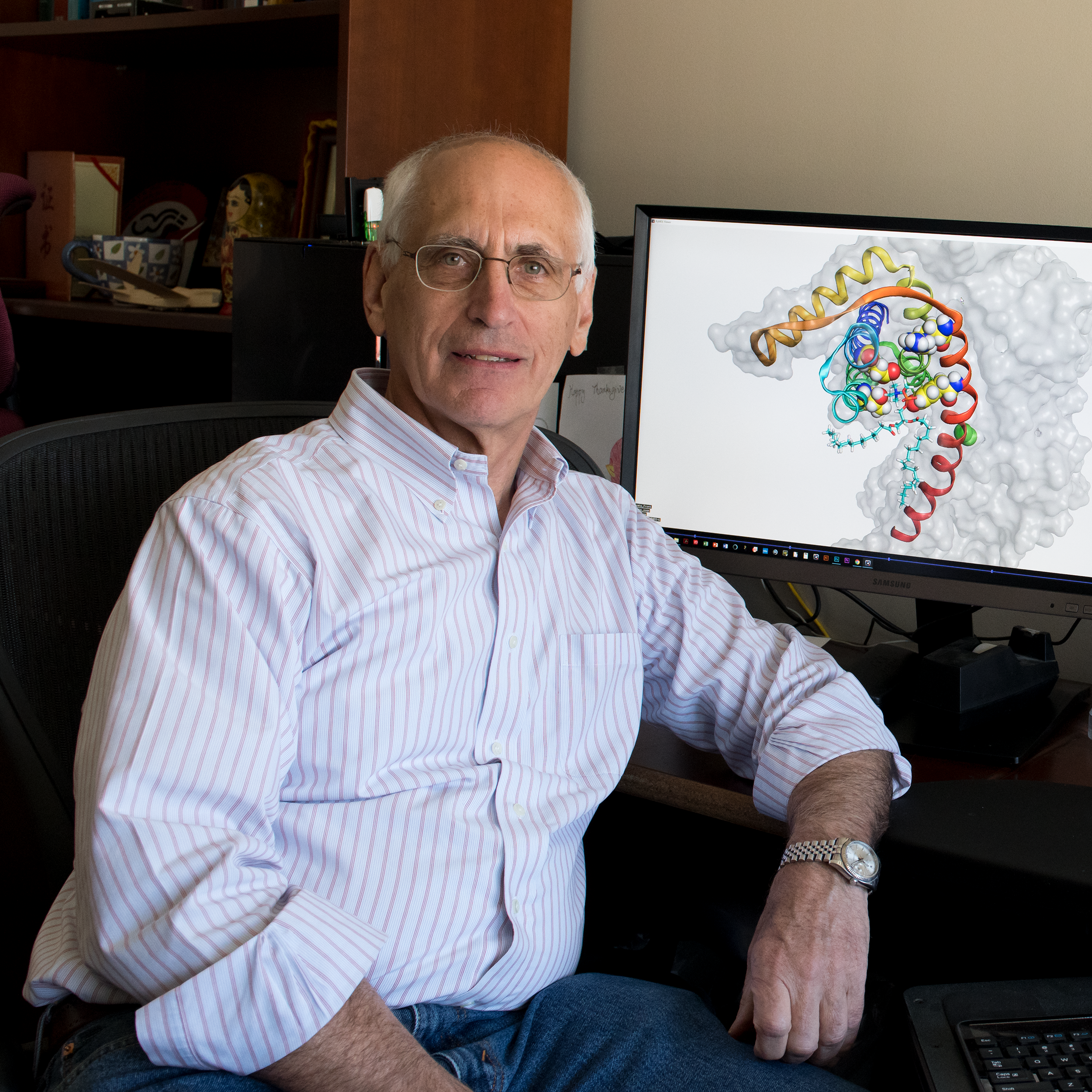
Kun Lin Memorial Lecture 2024
Cell Biology hosted its third Kun Lin Memorial Lecture. Dr. Gary Bassell, Charles Howard Candler Professor and Chair of Cell Biology, gave this year's talk on "RNA dysregulation driving synaptic dysfunction in brain disorders: A lab journey of discovery through the lens of trainee contributions, relationships and career development".
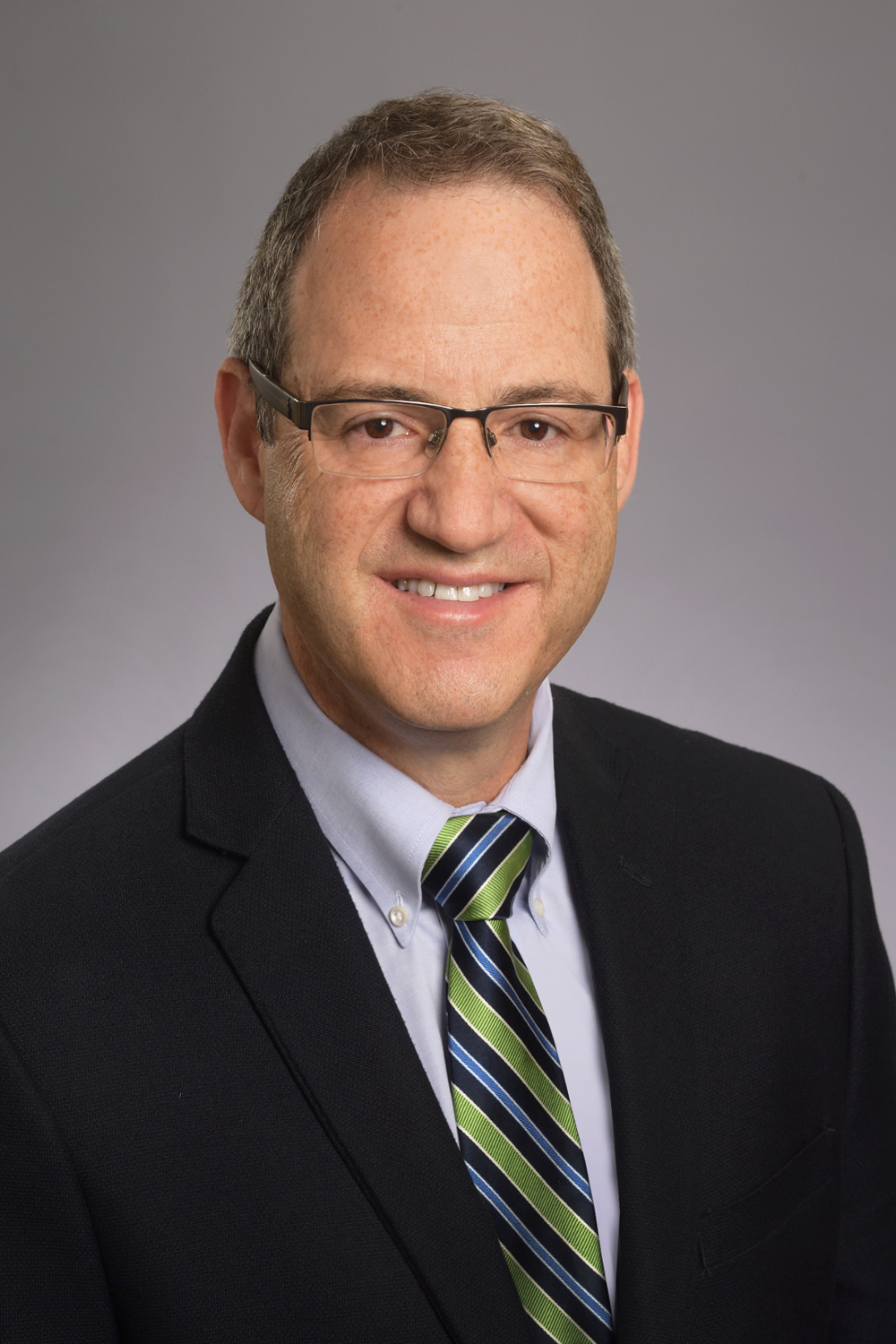
Trainees and Fellows
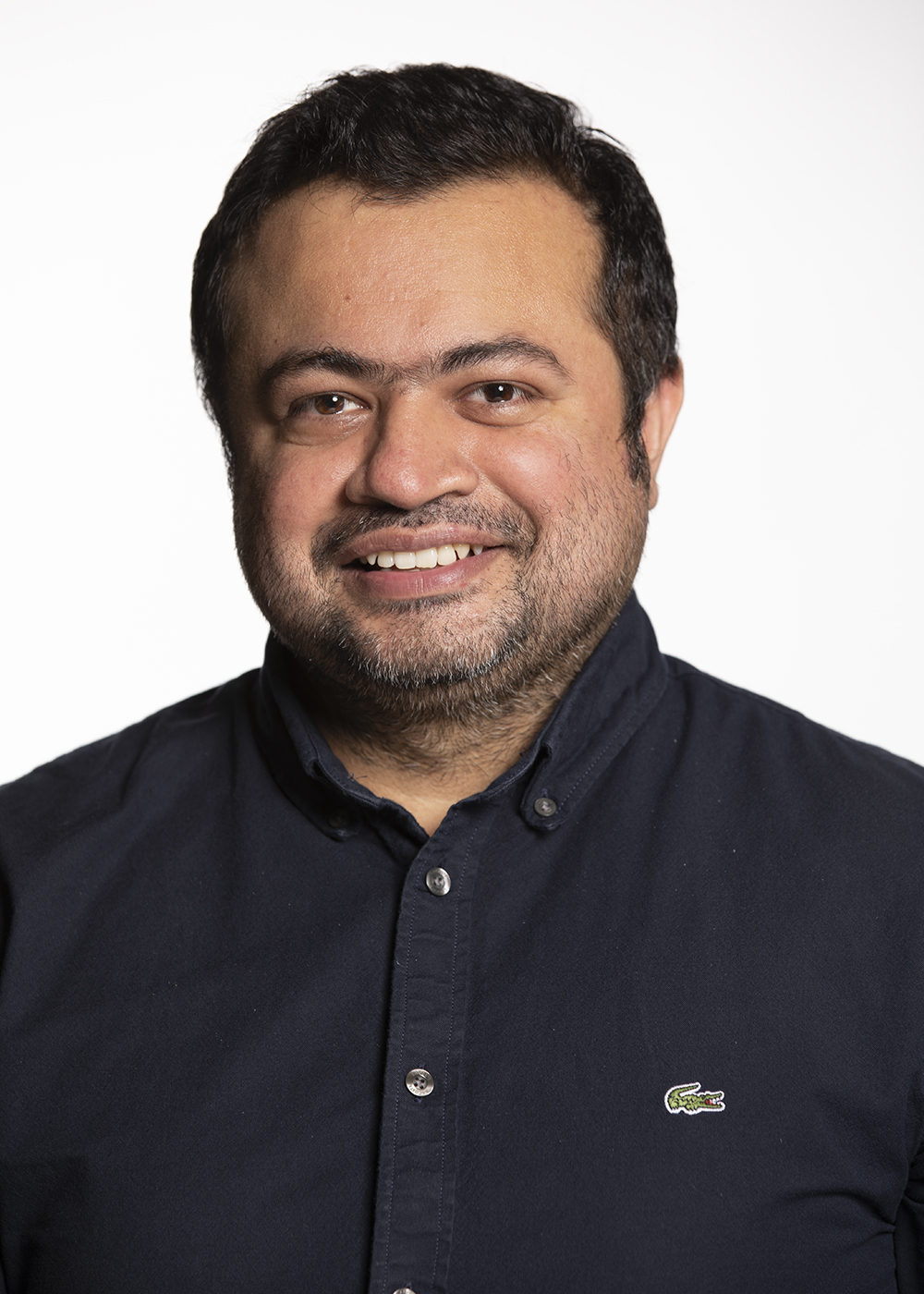
Devesh Pant, PhD
Instructor
Jiang Lab
Dr. Devesh Pant of the lab of Dr. Jie Jiang, was promoted from Postoctoral Fellow to Instructor.
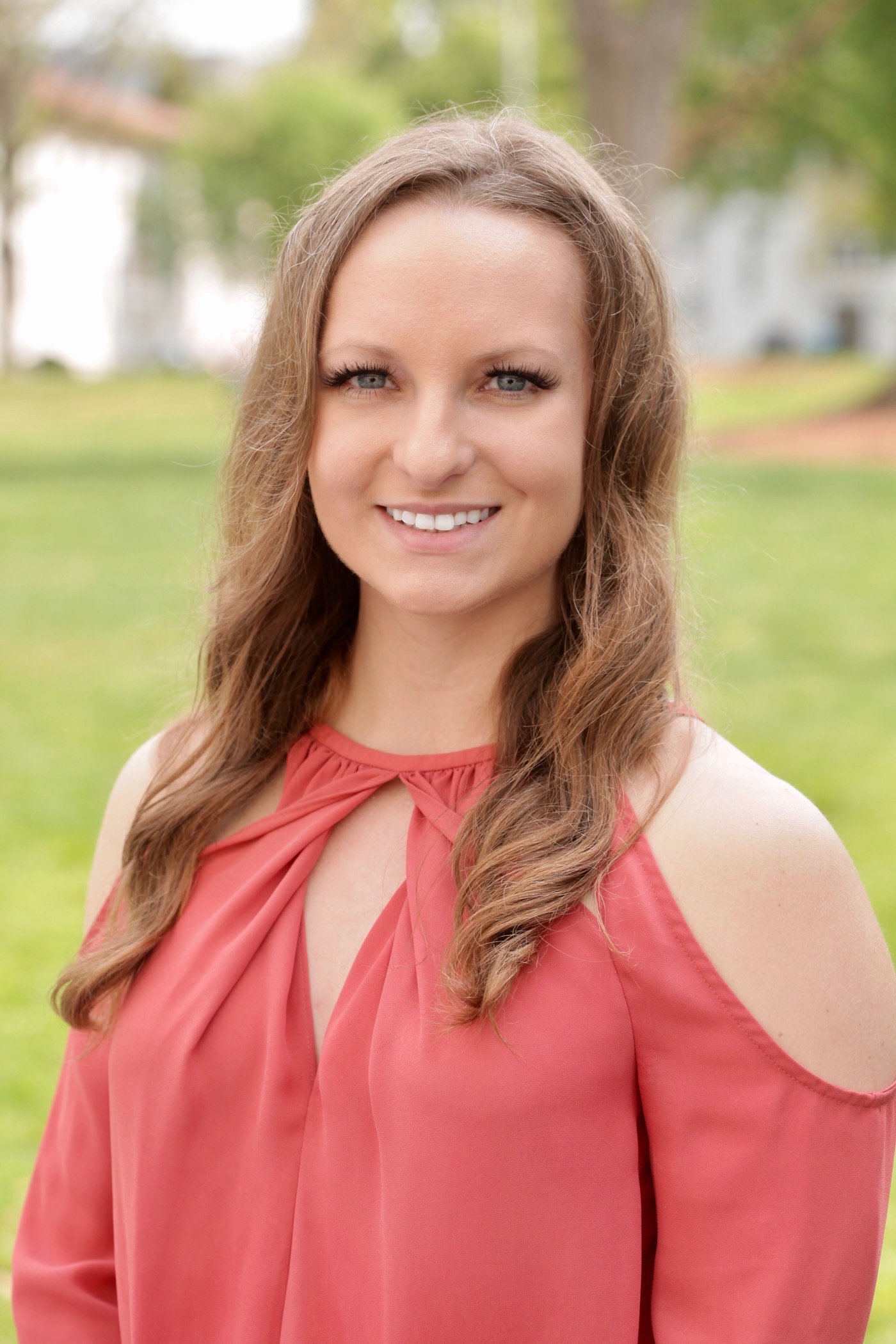
Tana Potorff-Nitcher
Graduate Student
Alvarez Lab
Tana is the sole recipient of the 2023 Trainee Spotlight in Cell Biology. She is currently a 4th year Neuroscience PhD candidate in Dr. Francisco Alvarez’s lab investigating the microglia-motoneuron interactions in the spinal cord after peripheral nerve injury as they relate to motoneuron cell death and permanent loss of the stretch reflex. Specifically, she is investigating the microglia receptor, Triggering Receptor Expressed on Myeloid Cells- 2 (TREM2), as it relates to microglia function and organismal functional recovery. This research has been funded by a T32 (T32NS096050-26) and F31 (F31NS130993-01A1) grants.
Tana has published papers in JCI Insight, Frontiers in Neurology, and Experimental Neurology.
Outside of research, Tana has participated in multiple teaching opportunities including being an instructor for the undergraduate course Molecular Mechanisms of Neurological Diseases; served on executive boards for Emory’s First Generation Low-Income Graduate Professionals (FLIP-GP), Emory Women in Neuroscience (EWIN), and the Atlanta Chapter of Society for Neuroscience (ACSfN); volunteered at numerous events including the Atlanta Brain Bee, Emory Splash, What’s New in Atlanta Neuroscience; and has reviewed articles for Grey Matters Emory, Journal of Emerging Investigators, and Journal of Neuroscience Research.
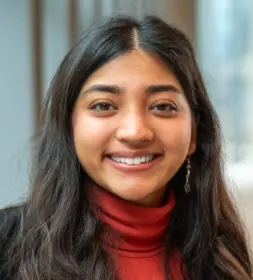
Rhea Rastogi
High School Student
Katz Lab
High school student Rhea Rastogi in the lab of Dr. David Katz was named in the 2024 Top 40 in America in the highly prestigious Regeneron Science Talent Search Showcase based on the research she did in the Katz lab. She was the only semifinalist and finalist from the state of Alabama. This nomiation included a trip to the White House in March 2024 to meet Joe Biden and compete in a science fair for the top prize.
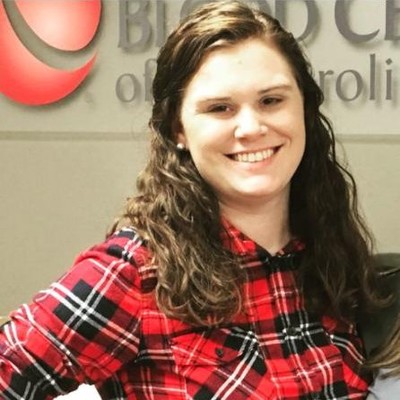
Jordan Goldy
Graduate Student
Moberg and Corbett Labs
BCDB student Jordan Goldy (joint Moberg-Corbett labs) earned a 10th percentile score on her F31 submission to NINDS. Jordan's interests include understanding the role of Nab2, a conserved RNA-binding protein, in regulating neurodevelopment and whole-body metabolism. For her dissertation, she is investigating the role of Nab2 in regulating mRNA transcripts critical for proper metabolic function.
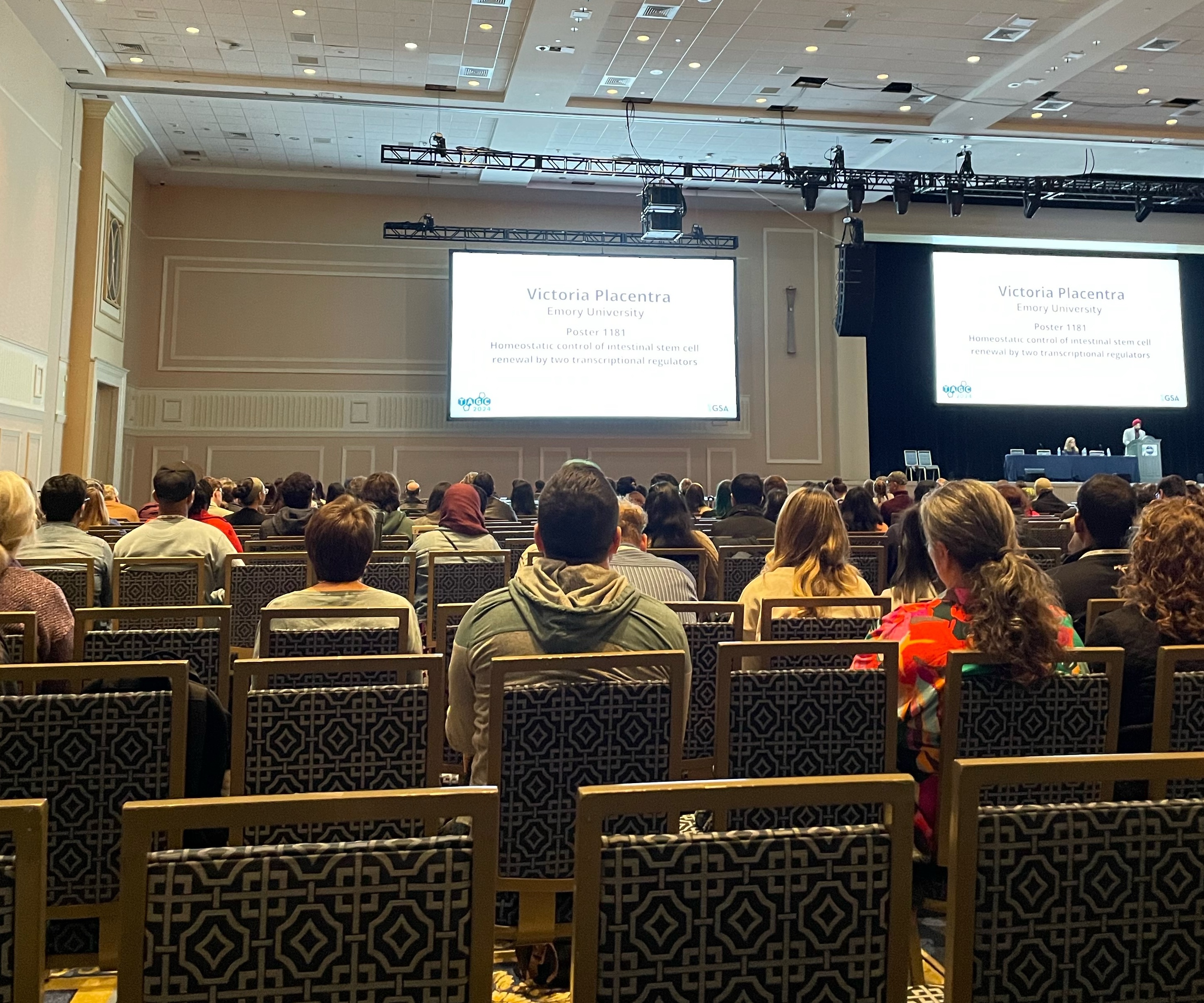
Tori Placentra
Graduate Student
Moberg Lab
GMB student Tori Placentra, a member of the Moberg Lab, won the Genetics Society of America Early Career Poster Award at the 2024 TAGC Annual Conference in Washington DC. Their poster was judged the best among hundreds of Drosophila research posters presented by early-stage graduate students from across the country and globe.
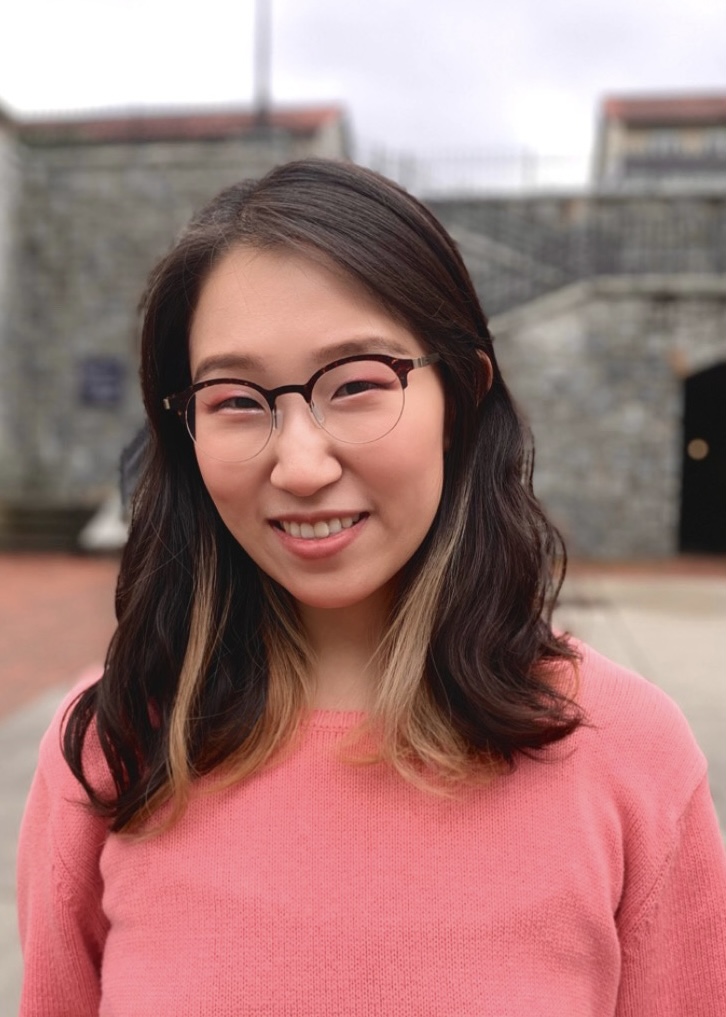
Kyeongran (Rachel) Jang
Graduate Student
Garraway Lab
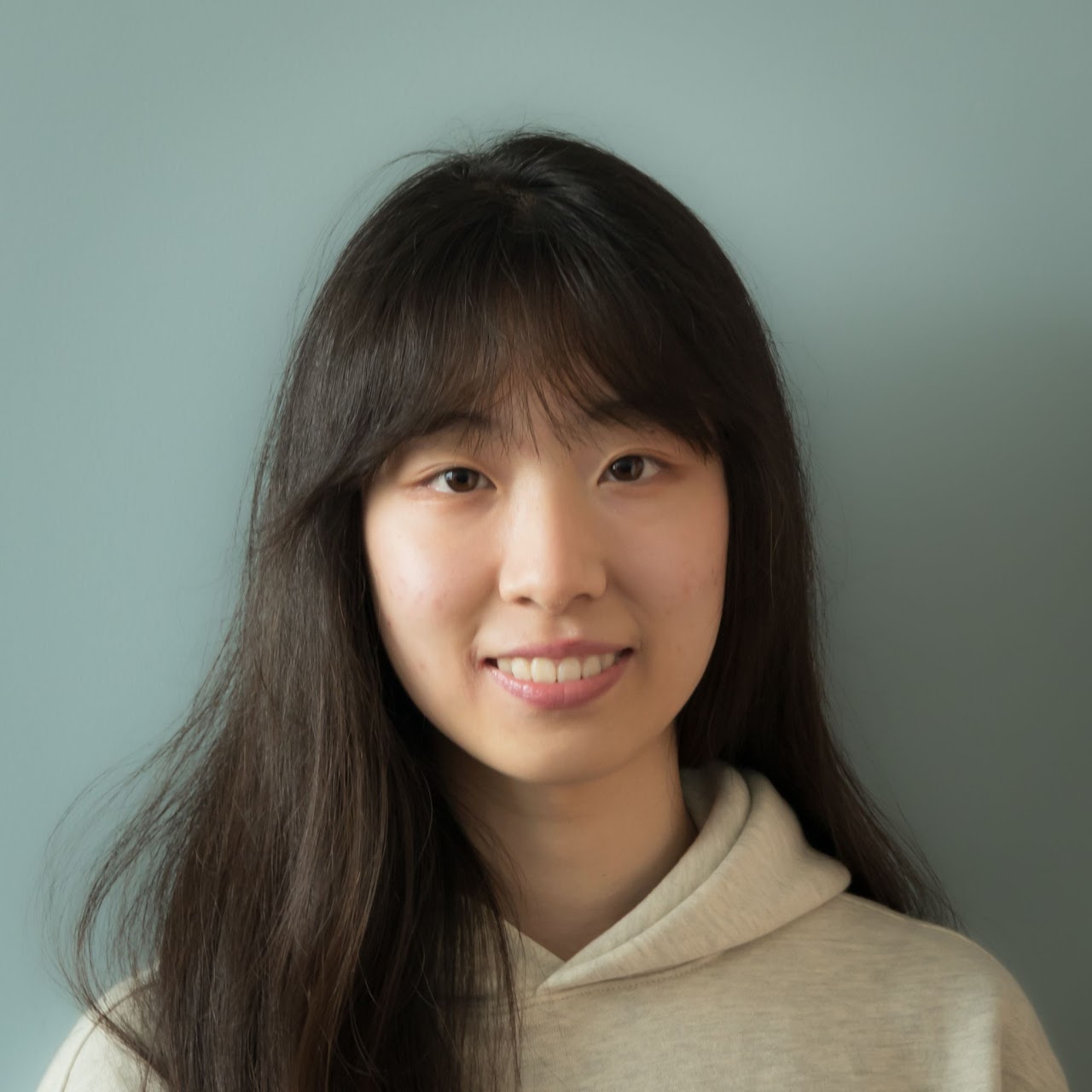
Ruorong Qi
Second-year undergraduate student
Emanuel Lab
Ruorong Qi was selected as a 2024 Petit Scholar as part of the Petit Scholar Undergraduate Research Program through Georgia Tech/Emory Center for the Engineering of Living Tissues (GTEC), a National Science Foundation-funded Engineering Research Center. Petit Scholars have the opportunity to work in IBB faculty labs, be matched with graduate student mentors, and participate in diverse areas of research. Scholars receive training that provides a solid foundation to pursue advanced degrees in science or engineering, and Mentors gain valuable management experience for their own professional pursuits.

Ronghao (Luke) Zhang
BME graduate student
Ronghao Zhang was selected as the 2024 Petit Mentor to Ruorong Qi, Petit Scholar.


